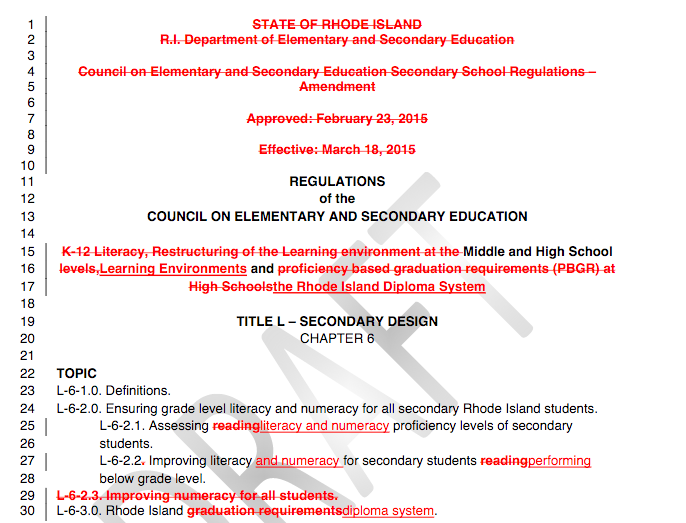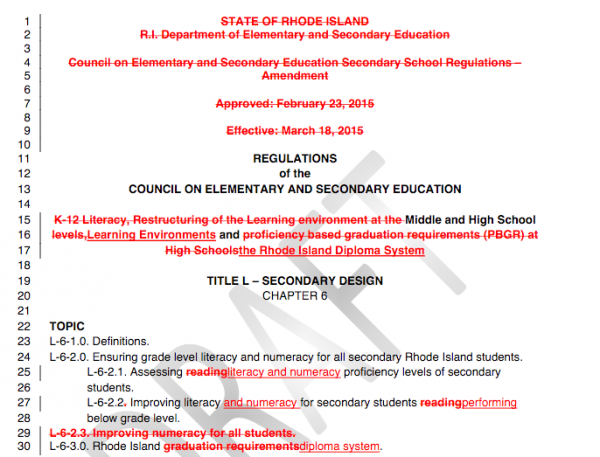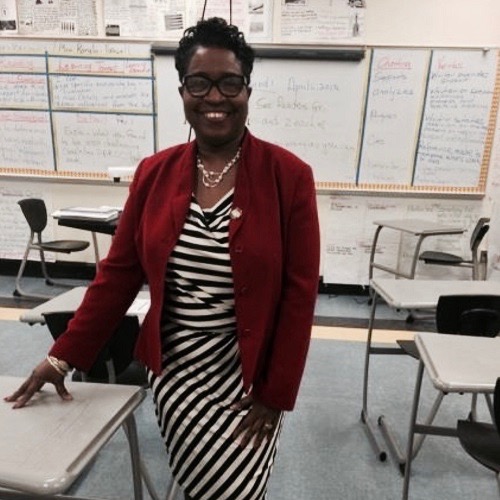
Progressive legislative candidates Marcia Ranglin-Vassell and Moira Walsh are imploring the state to “act with urgency” on a distressed dam that could destroy parts of their Providence districts if it fails.
The state Department of Environmental Management said the Canada Pond dam near the north of the city is a “significant hazard” that could damage the neighborhood if it breaches. According to a recent article in the Providence Journal about the dam: “a collapse could unleash a wall of water along Route 146 that would swamp Branch Avenue, which handles about 15,000 cars a day, and undermine power lines that carry electricity from a generating station in Massachusetts to a substation in Providence.

“Most of it would barrel down the railroad tracks along State Street to Canal Street and empty into the Providence River downtown. Part of it could be expected to split off near the Home Depot on Charles Street, sweep south at Route 95 and follow the railroad tracks downtown.”
“I cannot understand how this threat was allowed to reach this point,” said Ranglin-Vassell. “Right now, my neighbors are at risk. Our community needs leaders who take proactive action, rather than waiting until people are in danger of getting really hurt. It is stunning to me that my opponent has represented our threatened area for decades and yet, to my knowledge, has never made any attempt to organize a response to significant safety threat. I call on city and state officials to take all possible precautions and immediately begin working either to fully repair the dam or fully remove this hazard to our community.”
Walsh said, “I was born and raised in this neighborhood, and for as long as I can remember, it’s felt like our community has gotten the short end of the straw when it comes to city and state services. But I never imagined that would extend to actually leaving us in danger of being in the path of a broken dam. This neighborhood needs elected leadership that will stand up and fight for our families, even when it means taking DEM, the city, and the state to task and forcing them to treat matters like this with urgency. It’s unfortunate that the people currently in charge don’t seem up to the task, because there is nothing more important than the safety of our community. When I am state representative I look forward to putting that safety first.”
Ranglin-Vassell and Walsh are two of the many up-start progressive campaigns running against more-conservative, establishment Democrats. Ranglin-Vassell is challenging House Majority Leader John DeSimone, whom the Rhode Island Progressive Democrats filed an ethics complaint about yesterday. Walsh is running against Tom Palangio.




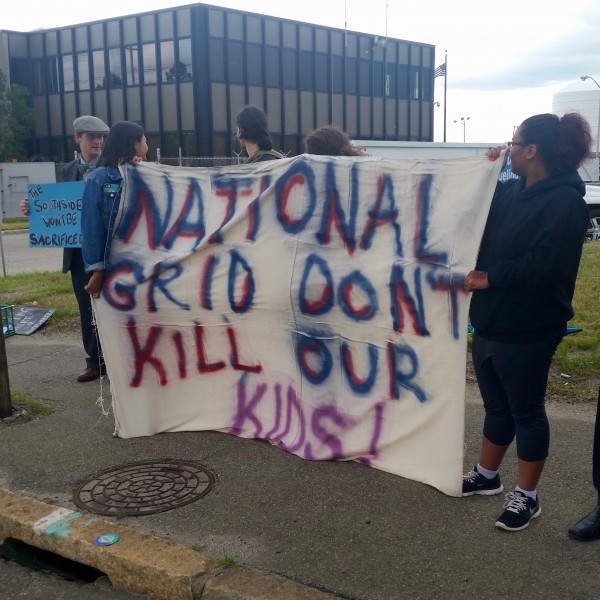 The Rhode Island Sierra Club has responded to Mayor Jorge Elorza‘s statement on National Grid‘s proposed liquefaction project for Field’s Point in the Port of Providence.
The Rhode Island Sierra Club has responded to Mayor Jorge Elorza‘s statement on National Grid‘s proposed liquefaction project for Field’s Point in the Port of Providence.
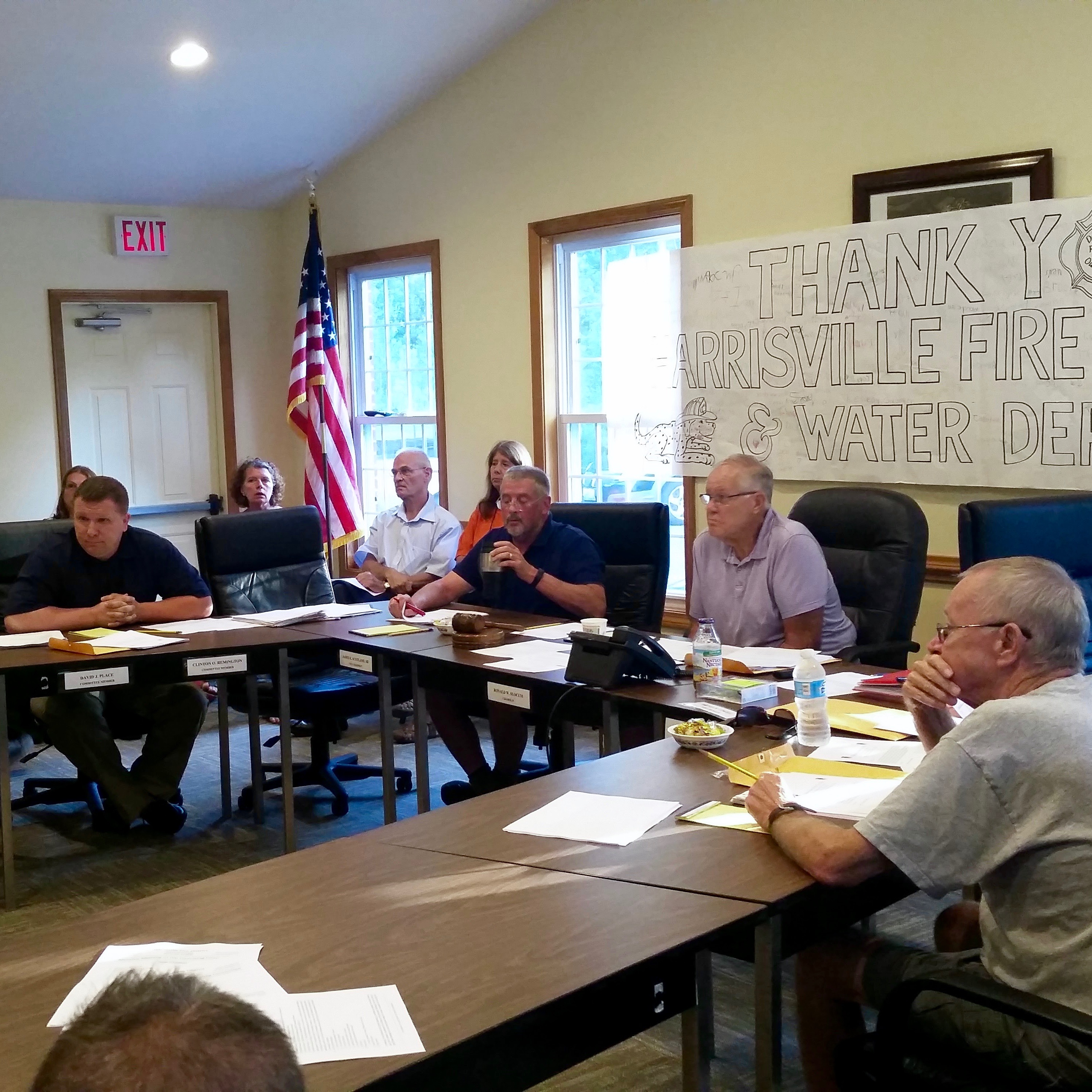
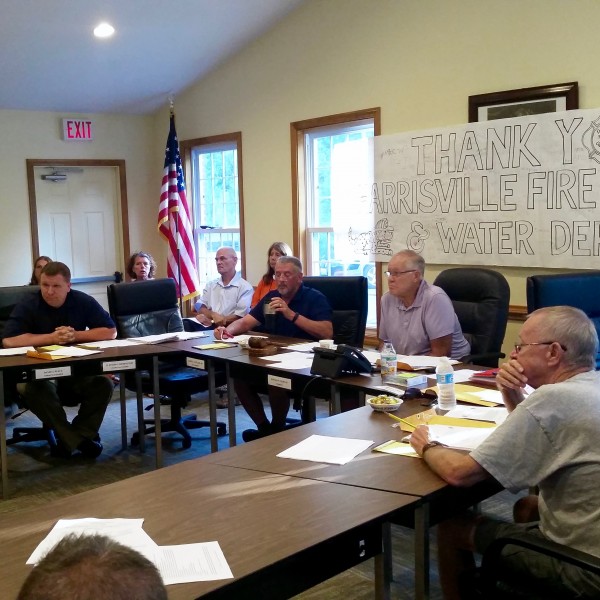 The Harrisville Fire District and Water Board voted 5-1 to turn down Invenergy’s offer to purchase water to cool it’s proposed $700 million fracked gas and diesel oil burning power plant in Burrillville. Thunderous applause broke out in the Assembly Theater, where the meeting had to be held to accommodate the nearly 100 people in attendance.
The Harrisville Fire District and Water Board voted 5-1 to turn down Invenergy’s offer to purchase water to cool it’s proposed $700 million fracked gas and diesel oil burning power plant in Burrillville. Thunderous applause broke out in the Assembly Theater, where the meeting had to be held to accommodate the nearly 100 people in attendance.